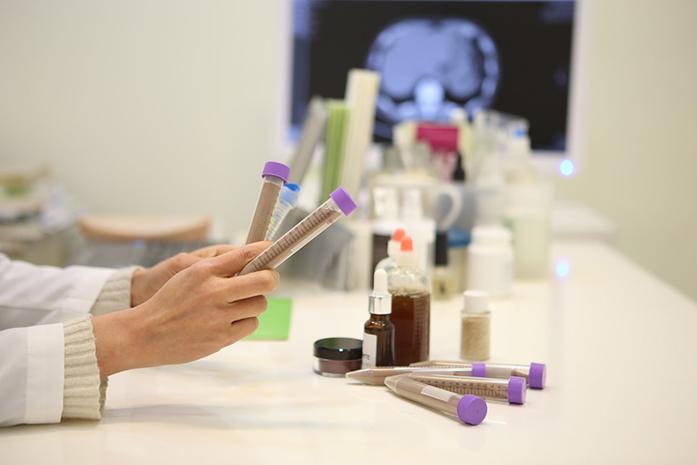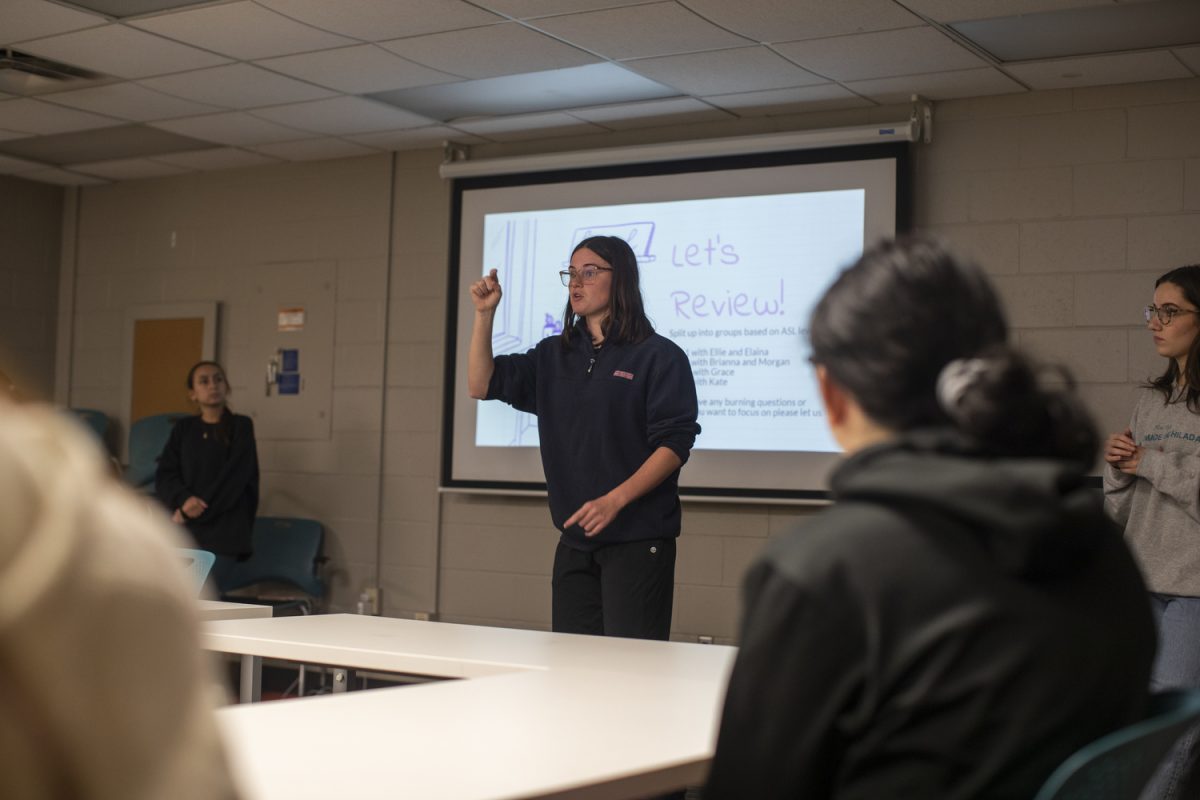By Kasra Zarei
Stroke is the leading cause of long-term disability and a leading cause of death in the United States.
A stroke is a vascular injury to the brain. Depending on the location and severity of the brain injury, patients may suffer severe neurological impairments including paralysis, cognitive problems, language deficits, or vision loss.
The University of Iowa Hospitals & Clinics Comprehensive Stroke Center provides the latest evidence-based stroke treatments, and it recently obtained the highest honor available from the American Heart and Stroke Associations for stroke care, called “Stroke Honor Roll Elite Plus.”
The UI Stroke Center is the only stroke center in Iowa designated as a comprehensive clinic.
“Our center is more than just a clinic,” said neurology Professor Harold Adams, the director of the Stroke Center. “It involves the collaboration of a wide range of physicians and other health-care professionals to deal with patients who have had a stroke with the resources and facilities to assist in modern, state-of-the-art stroke care.”
The physicians in the center span over specialties in neurology, neurosurgery, and emergency medicine, and collectively provide the best efforts for preventing and treating strokes.
There is no typical stroke patient, but in general, patients with acute stroke are considered to have an emergency, and evaluation and treatment to limit the brain injury must be done rapidly, Adams said.
“[At UIHC], we have a ‘code stroke’ system to expedite emergency care,” said Erin Rindels, a resident nurse in the center. “This system is successful in that we are locally reducing both mortality and severe neurological consequences from stroke.”
Rindels said stroke was the third leading cause of death in the United States 20 years ago, but now, stroke is fifth thanks to expedited emergency care, an example of which is the “code stroke” system used at the Stroke Center.
There are modifiable risk factors associated with increased risk of stroke, including high blood pressure, smoking, high cholesterol, diabetes, and heart disease.
The most common causes of stroke include hardening of the arteries, known as atherosclerosis, and heart disease with an irregular heartbeat, but stroke is also an important cause of disability and death in younger people.
“The causes in young people include injuries, medical conditions complicating pregnancy, clotting disorders, and blood-vessel malformations,” Adams said. “The frequency of stroke appears to be increasing among young people and may be related to drug abuse.”
The center is also active in telemedicine and telestroke efforts aimed at providing stroke care to hospitals in Clinton, Dubuque, Waterloo, and Grinnell.
“We want to continue being a leader in testing interventions to speed the diagnosis, prevention, treatment, and recovery of stroke,” Adams said. “Through our strong national and international presence as a leader in stroke, we seek to provide special expertise and services that are not available elsewhere in Iowa.”
The Stroke Center will continue to be a bastion of education, research, and patient care related to stroke.
“The designation reflects the high quality of care we are providing to patients with stroke, and as a center we are very pleased that our efforts are being recognized in this way,” Rindels said.
The national recognition of the center is important to all the collaborative physicians and health professionals who are a part of it.
“This recognition is very exciting, since it’s an important external national validation to the hard work that our team does every day to promote good outcomes among Iowa stroke victims and their families,” said Enrique Leira, a UI associate professor of neurology.







